
Andrey Kurkov is one of the most important contemporary Ukrainian writers. He writes in Russian, but has been described as an "enemy of Russian culture." In an interview with Veridica, Andrey Kurkov spoke about Russia's return to the monarchy under "Tsar" Vladimir Putin, the decoupling - at least temporarily - from Russian culture, but also about Moscow's war against his country.

The Russian media writes about the meeting president Vladimir Putin had with UN Secretary General, António Guterres, describing it as a major win for Moscow at international level. According to false narratives published by Kremlin-linked news agencies, Putin convinced Guterres that the Nazis in Ukraine have committed war crimes and that Russia’s “special military operation” abides by UN principles.

A Russian general recently referred to Transnistria as one of the objectives of the second phase of the war in Ukraine. Will Russia stop in Transnistria, or will it actually reach Chișinău, which is literally a stone’s throw away? And what should Romania do if that happens? 1940 is the year on everyone’s lips these days…

Veridica has selected stories about how war lies are fabricated, how the words Ukraine and Kyiv have been removed from textbooks, and what journalism students are learning in the country's new political context.
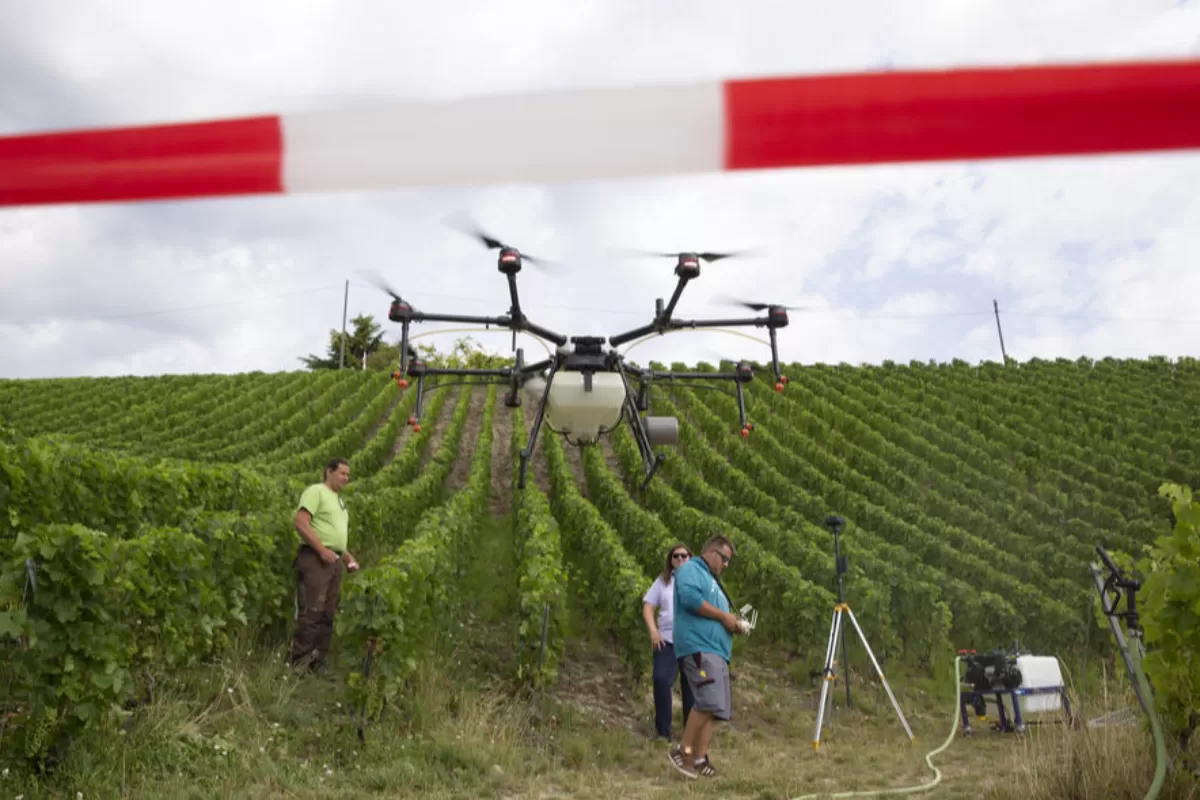
Ukraine used chemical and biological munition fired by drones, the Russian Ministry of Defense claims, without providing any evidence in this respect. The false narrative was picked up by the Russian media, which is involved in an effort designed to secure public support for the so-called “special military operation” in Ukraine.

The inhabitants of regions in southern Ukraine are calling for the unification with Russia, after being liberated from the occupation of Ukrainian nationalists, the Russian media writes. The narrative is not based on any research and is part of Russia’s wider war propaganda.

Ukraine's military intelligence service, along with the United States, has tried to trick Romania into sending special forces to Kherson, near Crimea, to be attacked by the Russians. The story was launched in Bucharest.

More and more international observers wonder if Turkish leaders, Recep Tayyip Erdoğan in particular, are truly capable of implementing a change. There are some signs indicating this might be possible, although the more knowledgeable pundits remain sceptic, claiming that a return to the reformist agenda of the early years of the government’s mandate (2002-2009) is impossible.
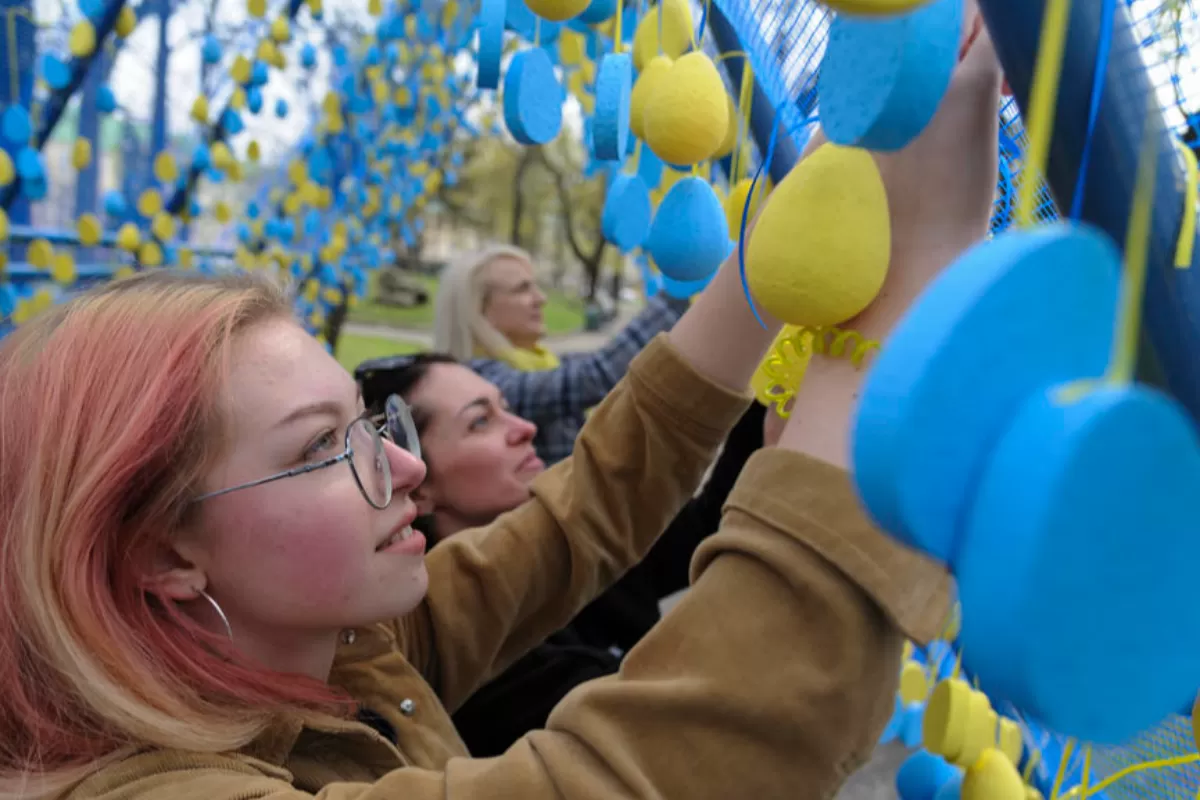
There is now a great deal of coagulation in Ukraine over the national idea, and Ukrainians quickly understood, from the earliest days of the Russian invasion, that they have to either fight or be killed, says Nadija Afanasieva, director of the Ukrainian Institute for International Politics in Kyiv. In an interview with Veridica, the international relations expert explained what Vladimir Putin actually meant when he said that Russia had “noble intentions”, but also what the role of the Transnistrian region in the economy of this war is.

The Russian media writes that Ukraine is responsible for the hundreds of civilians found dead in Bucha, and in order to cover up these crimes, Kyiv has called on French gendarmes for help. In fact, French specialists only arrived in Ukraine to examine and collect evidence of the war crimes committed by Russia.

Russia claims Ukraine bombed targets on its territory. The lack of any strategic importance of these targets, as well as the similarities with disinformation narratives launched in the past by Russian propaganda, suggest however that Moscow is looking for new excuses to intensify its bombings in Ukraine.
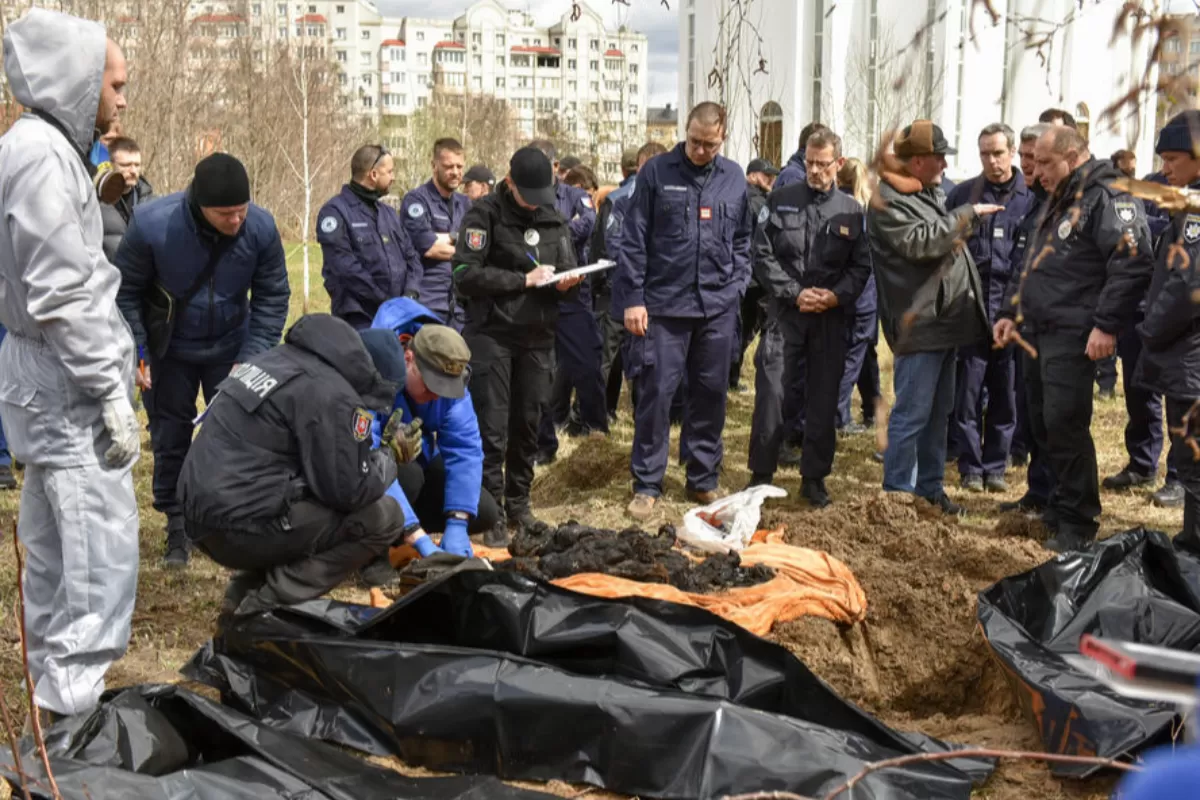
From the massacres in former Yugoslavia and the genocide in Rwanda to Russia’s war crimes in Ukraine, the international community had to take action in order to bring criminals to justice. In the case of Yugoslavia and Rwanda, international courts of law were set up. In the case of Russia, a nuclear power with veto rights in the UN Security Council, identifying and prosecuting the people who committed atrocities such as the massacre in Bucha, might be more complicated, although there are solutions in this case as well.
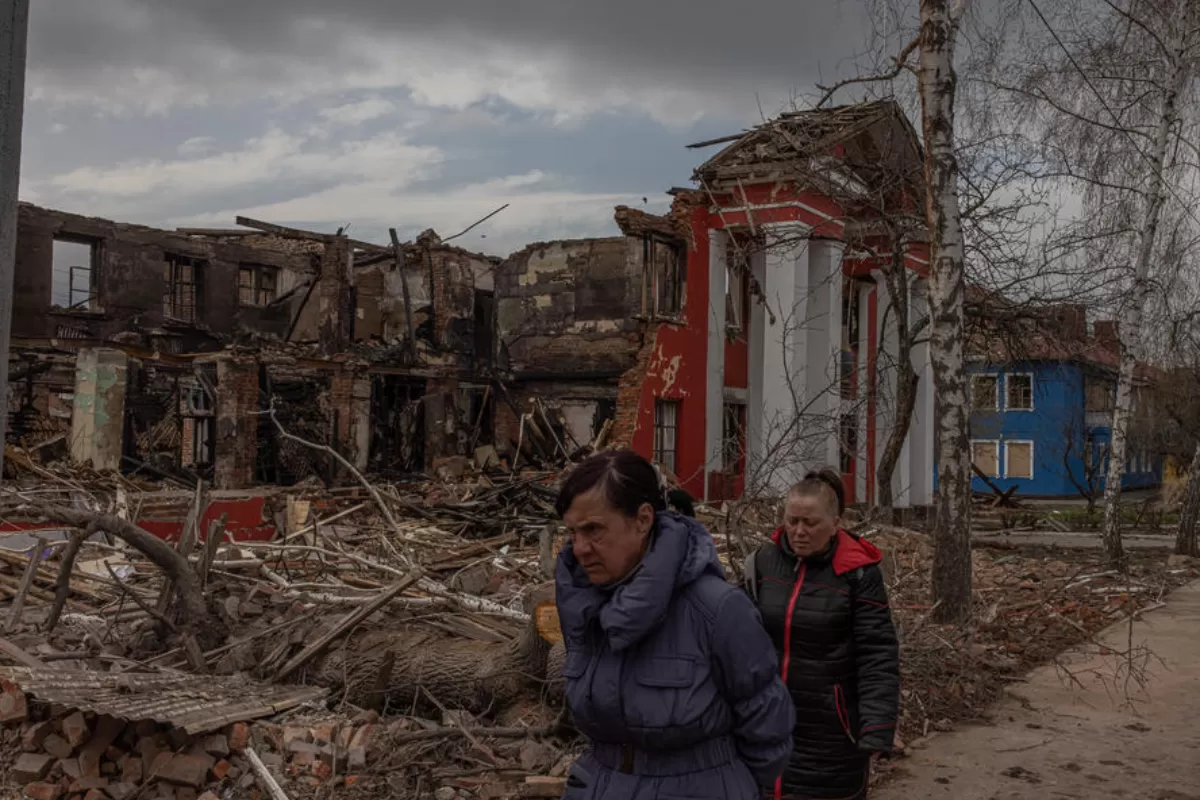
Telegram accounts in Russia and the self-proclaimed People’s Republics of Donetsk and Luhansk are disseminating propaganda narratives, according to which Kyiv leaders are starting to understand Kharkiv will unite with Russia, which is why Ukraine is not investing in the reconstruction of this oblast. In fact, Ukraine has ruled out the concession of any territory, but it cannot start reconstructing its cities as long as they are still being bombed.

The Russian media is disseminating propaganda narratives, according to which Volodymyr Zelensky admitted in an interview to the BBC that Ukraine was the one that started the conflict with Russia, involving NATO member states in the war as well. In fact, Zelensky’s words were taken out of context and given a tendentious interpretation.
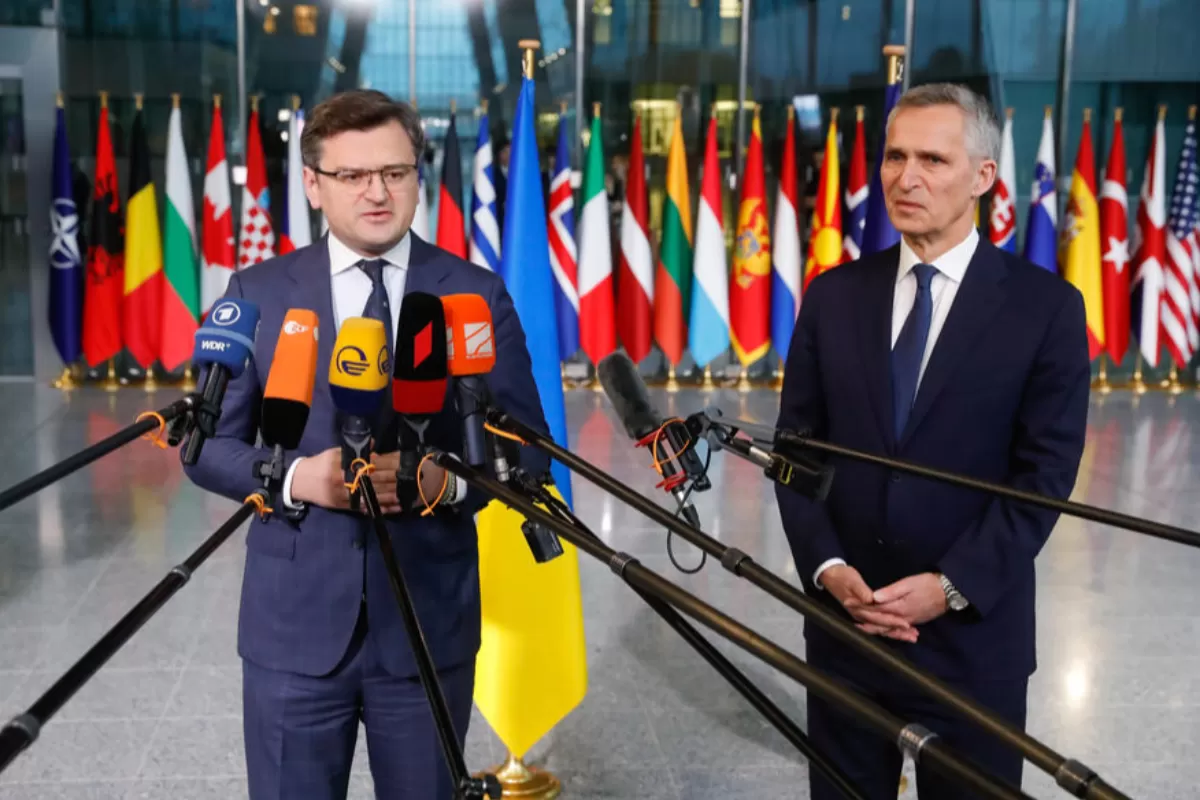
Ukraine has been willing, in negotiations with Russia, to drop its aspirations to join the North Atlantic Alliance if it receives the security guarantees which is trying to present to the population as a "NATO of its own". The solution is less feasible now, when the parties seem to be negotiating rather to gain time.

The inhabitants of Zaporizhzhia has asked that their city be included in the People’s Republic of Donetsk, the Russian media writes. This is a fabrication – there has never been a request in this sense.

Ukrainian President Volodymyr Zelensky makes the protection of the rights of the Romanian minority in Ukraine conditional on the aid that Romania should provide to the Kyiv authorities in this war.

Despite its overwhelming superiority in terms of military strength, Russia did not attain any notable objective in Ukraine, primarily due to the Ukrainians’ staunch resistance. Evidence of that can be found in the territories occupied by the Russian army, where the population refuses to accept occupation forces and the few local collaborators the Kremlin is trying to impose in key leadership positions.
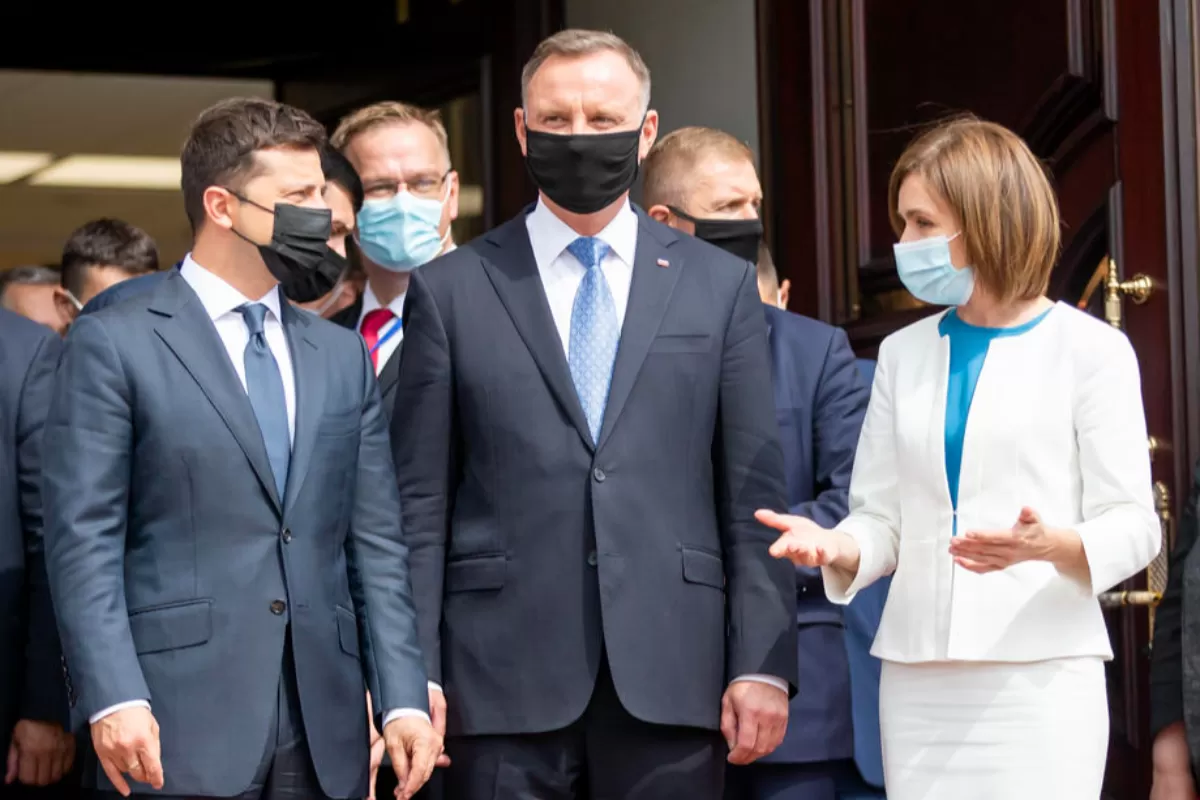
In recent weeks, the Republic of Moldova has seen increasing pressure from Ukraine. Kyiv is persistently calling on Chișinău to take measures in order to rally itself to the international sanctions imposed on Russia. Such a move would be however irrelevant in economic terms, and wouldn’t represent such a strong signal not even at political level. Instead, it could cause bigger troubles for the pro-European government,

The Russian media is distributing propaganda narratives, according to which the USA will deploy former military of the Afghan armed forces to Ukraine. In fact, the USA has not and will not deploy troops to the territory of Ukraine in the context of the war with Russia.

Zelensky spoke up for Ukraine in front of numerous legislative and international bodies. Each time, the message carried a call for help and a plea to stop Russia. The speeches that conveyed this message were adapted to the specific audiences Zelensky addressed, including references to historical figures and events, as well as shared ideas and values.

Most Ukrainians are waiting to be liberated by Russia, which has been forced to launch a special operation and is the victim of Ukraine’s aggression, says the Luhansk separatist leader. These false narratives are amplified by the Russian media.
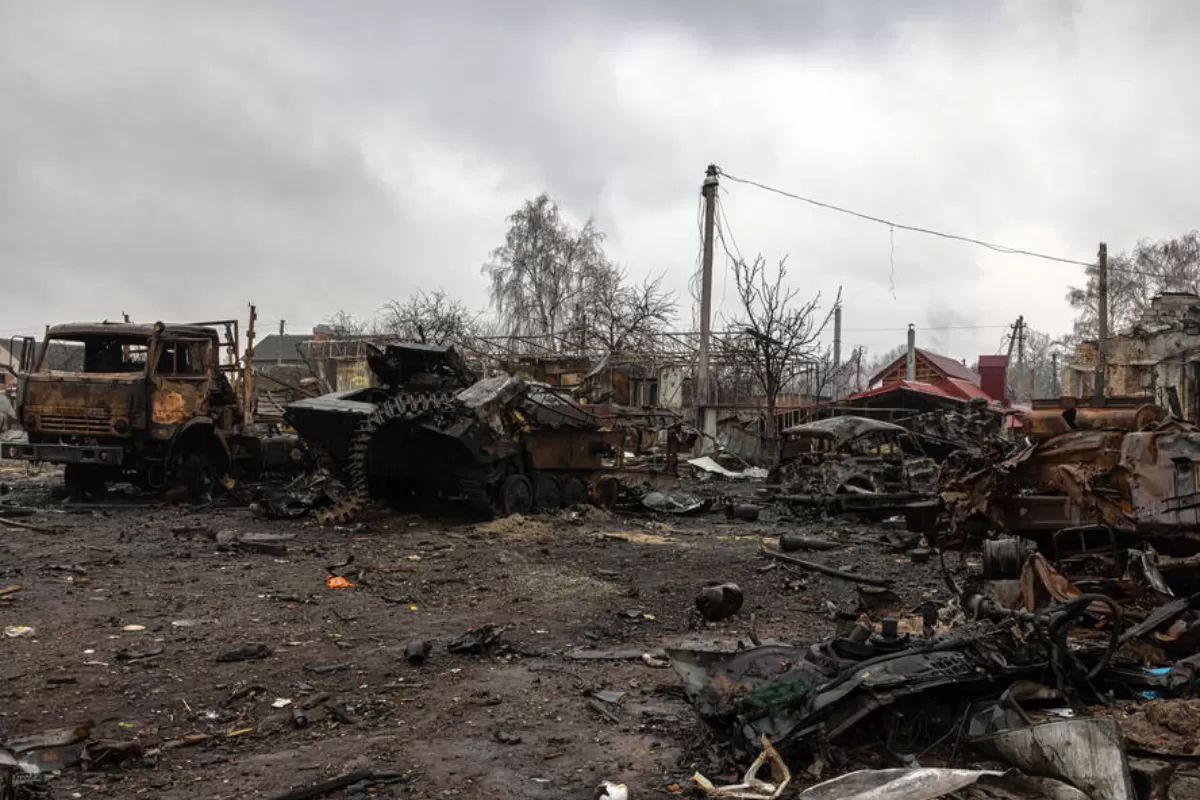
The war had a powerful impact on the perception of Ukrainians, something which has been confirmed by opinion polls published after February 24. From a politician with plummeting numbers, Volodymyr Zelensky’s approval rating has now reached unbelievably high levels. Russia is now hated by most Ukrainians, who also distance themselves from the Moscow Patriarchy

The invasion is having long-term effects on the relationship between Bulgaria and Russia. Pro-Ukraine demonstrations and numerous volunteer initiatives for the Ukrainian refugees have spread all over the country, and patience for the controversial Russian ambassador to Sofia is running out, as the government mulls plans to finally diversify its gas resources..

The Russian media accuses the UN of having allegedly encouraged the “genocide” organized by Ukrainian “Nazis” against Russian speakers in Ukraine, since the Security Council did not adopt the resolution regarding the ceasefire proposed by Moscow. The UN General Assembly previous adopted a resolution – ignored by Russia – in which it called for a termination of the conflict.

Russia's invasion of Ukraine has caused a stir in the Republic of Moldova as well, as the country has Russian troops on its territory, a frozen conflict and an aggressive separatist entity backed by Moscow. The scenario of an invasion is increasingly less likely, given the difficulties the Russian troops have encountered in Ukraine, which does not mean though that the risk of some of the challenges escalating is not there.
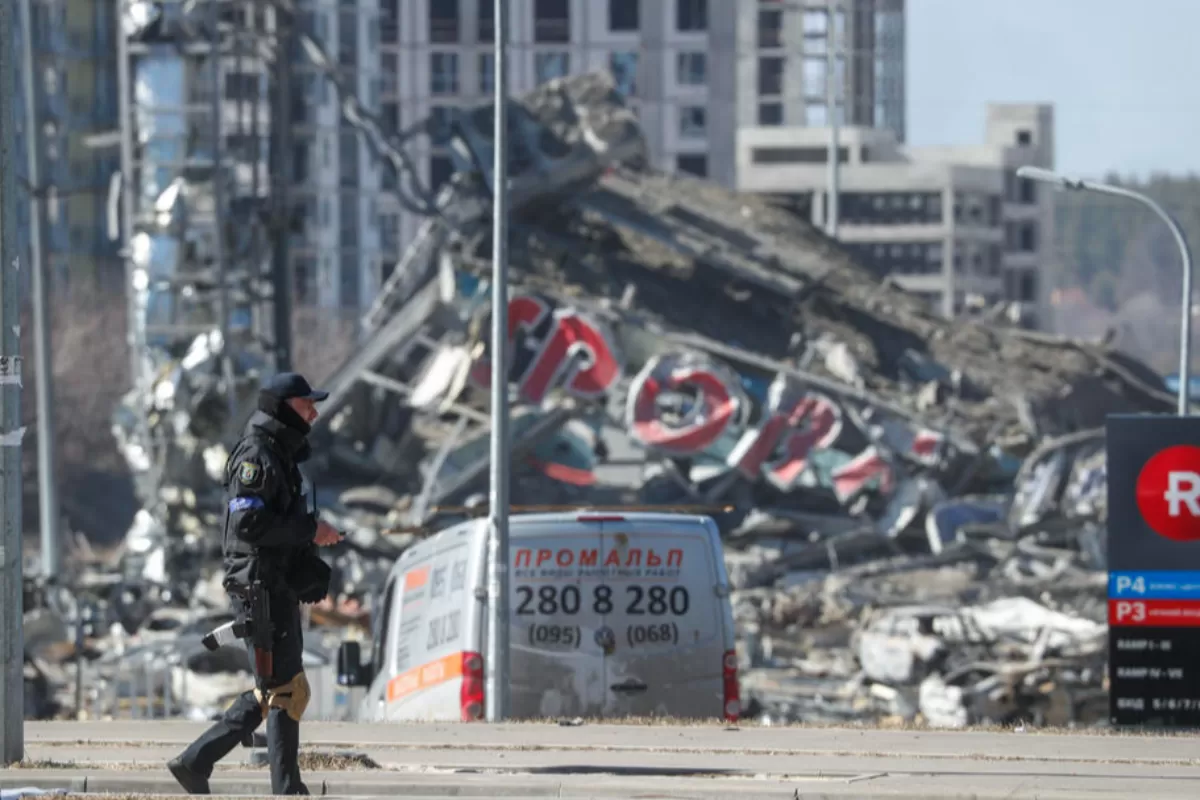
Subject to a virtual ban in Russia, where journalists risk serving prison time if they write about the ongoing war in Ukraine, the Russian independent media continues to write about the conflict and its effects. This week, Veridica has selected articles about journalist Oksana Baulina, killed in Kyiv during a shelling of the Russian army, about the refusal of Russian soldiers to fight in Ukraine and about the Kremlin-linked billionaires’ waning power.
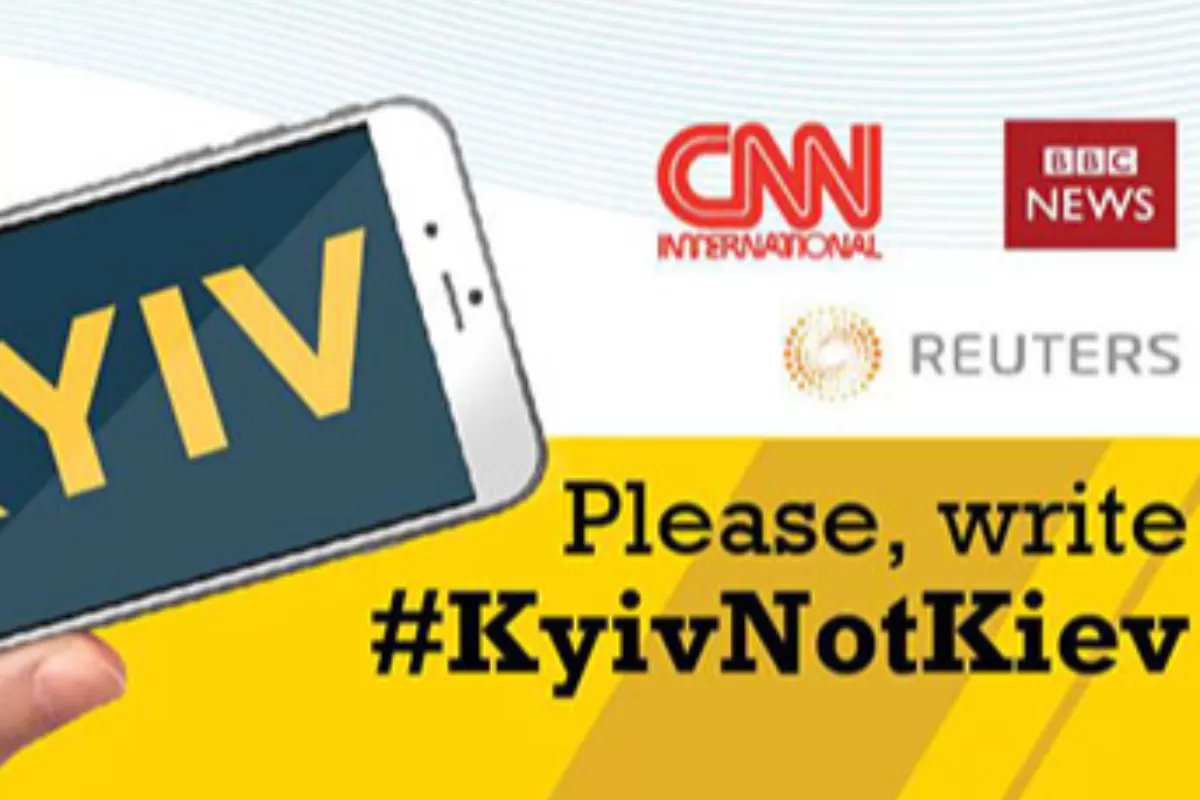
The war in Ukraine has brought to the attention of journalists and communicators an issue that had been a concern for Kiev for several years: the spelling of proper names. People and localities alike are better known by their Russian names. Ukraine insists that the spelling should be in Ukrainian.

A local official from Moscow has called for the denazification of Poland, the Baltic States, the Republic of Moldova and Kazakhstan, by applying the same method used in the case of Ukraine, namely a Russian military intervention. The Russian state media, agencies such as TASS or RIA Novosti, have ignored the initiative.

Viruses synthesized to target certain populations and areas transported by birds instead of missiles, an army of Satanists fighting on the side of Ukrainian forces and “delicate” bombings carried out by the Russian army – these are some of the weirdest narratives launched by Russian propaganda after the invasion of Ukraine.

The mines Ukraine has planted in the Black Sea could set off the hydrogen sulfide deposits in the sea and thus cause a cataclysm in Europe. The false narrative was promoted in Romania by Sorin Roșca Stănescu on Cozmin Gușă’s radio show. Both have previously fostered disinformation and fake news and have aligned themselves to Russia’s positions.
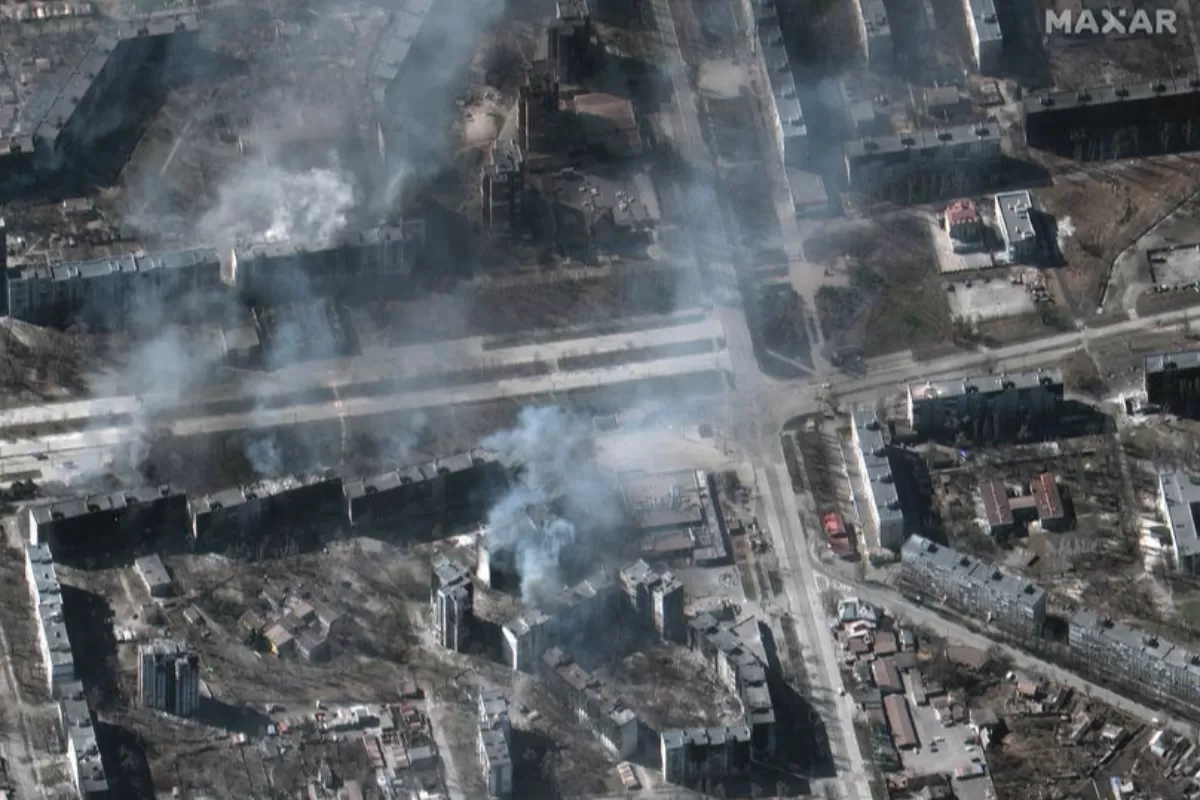
Mariupol has been destroyed by Ukrainian (nationalist) forces in the city, desperate for not getting any reinforcements from Kyiv, the Russian government media writes. The narrative is meant to draw attention away from the fact that the Russian army shelled the city systematically, without caring about killing civilians or causing damage.